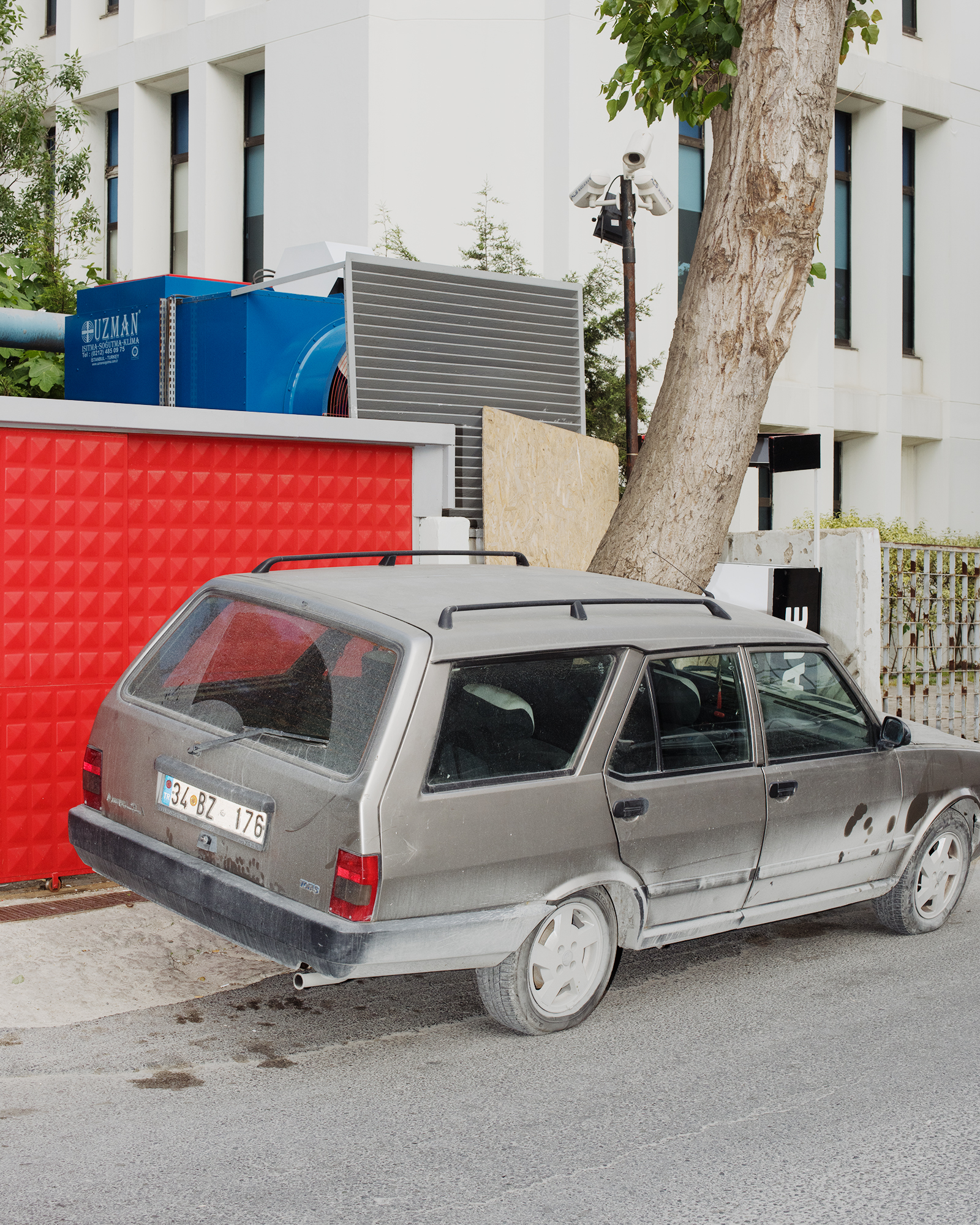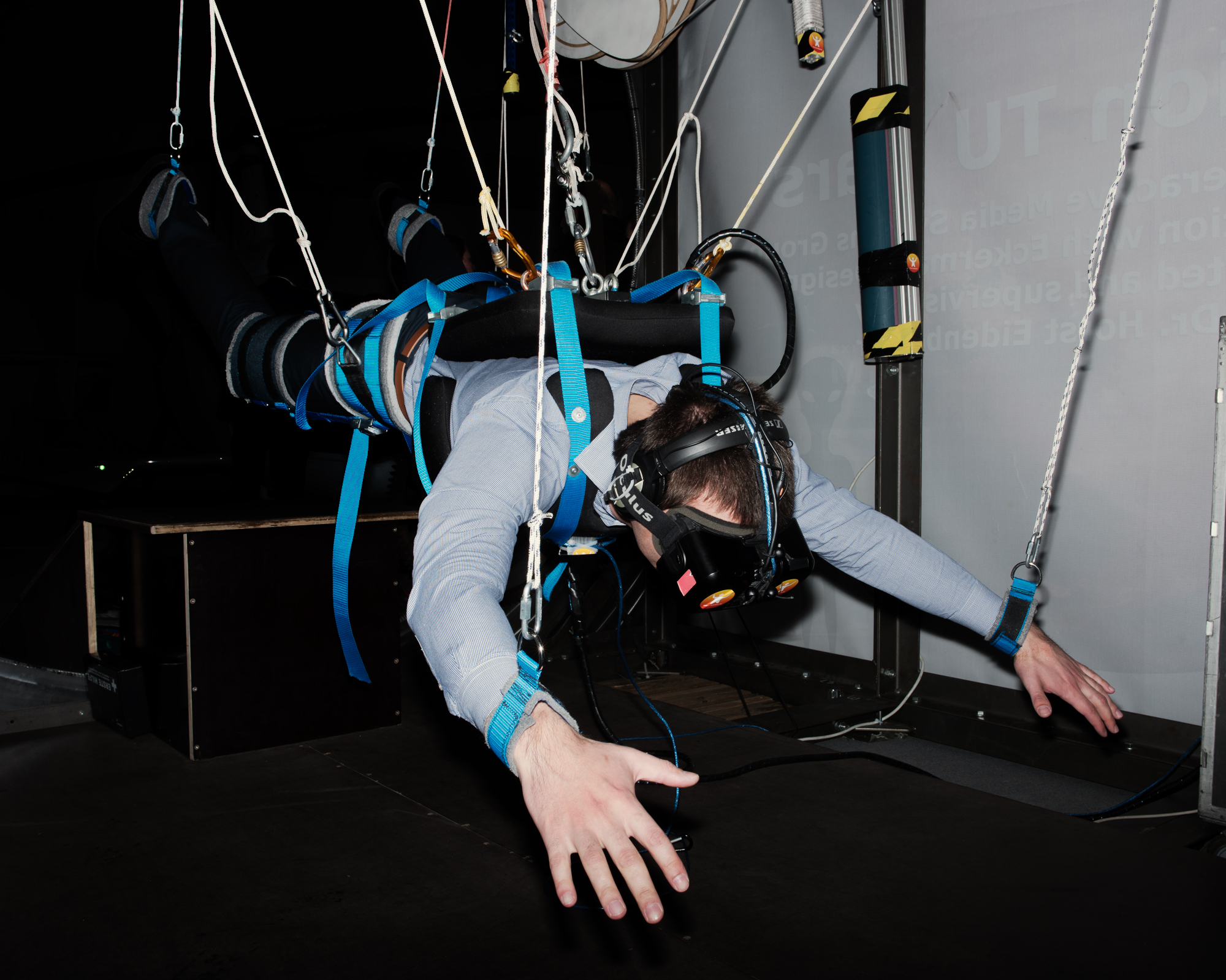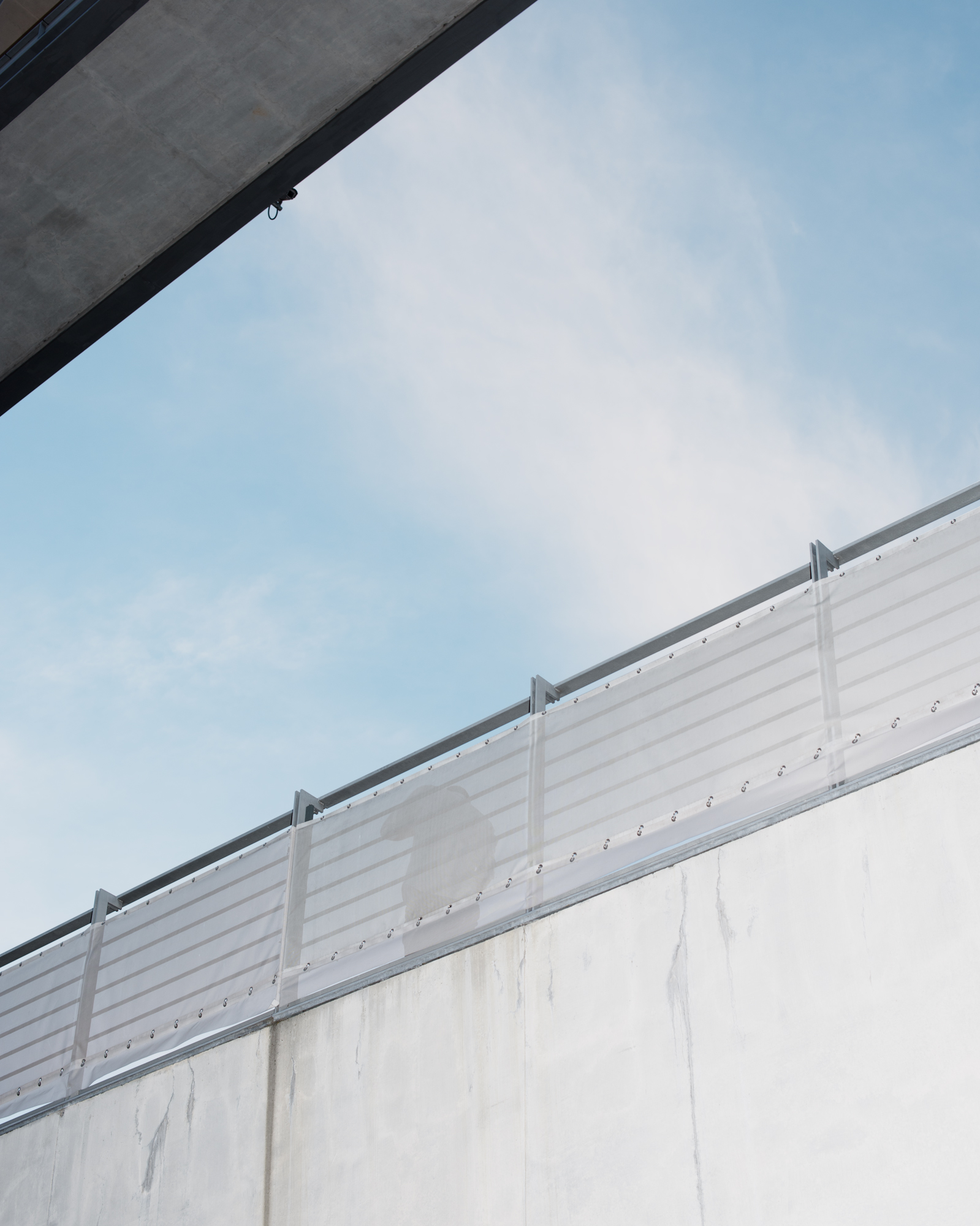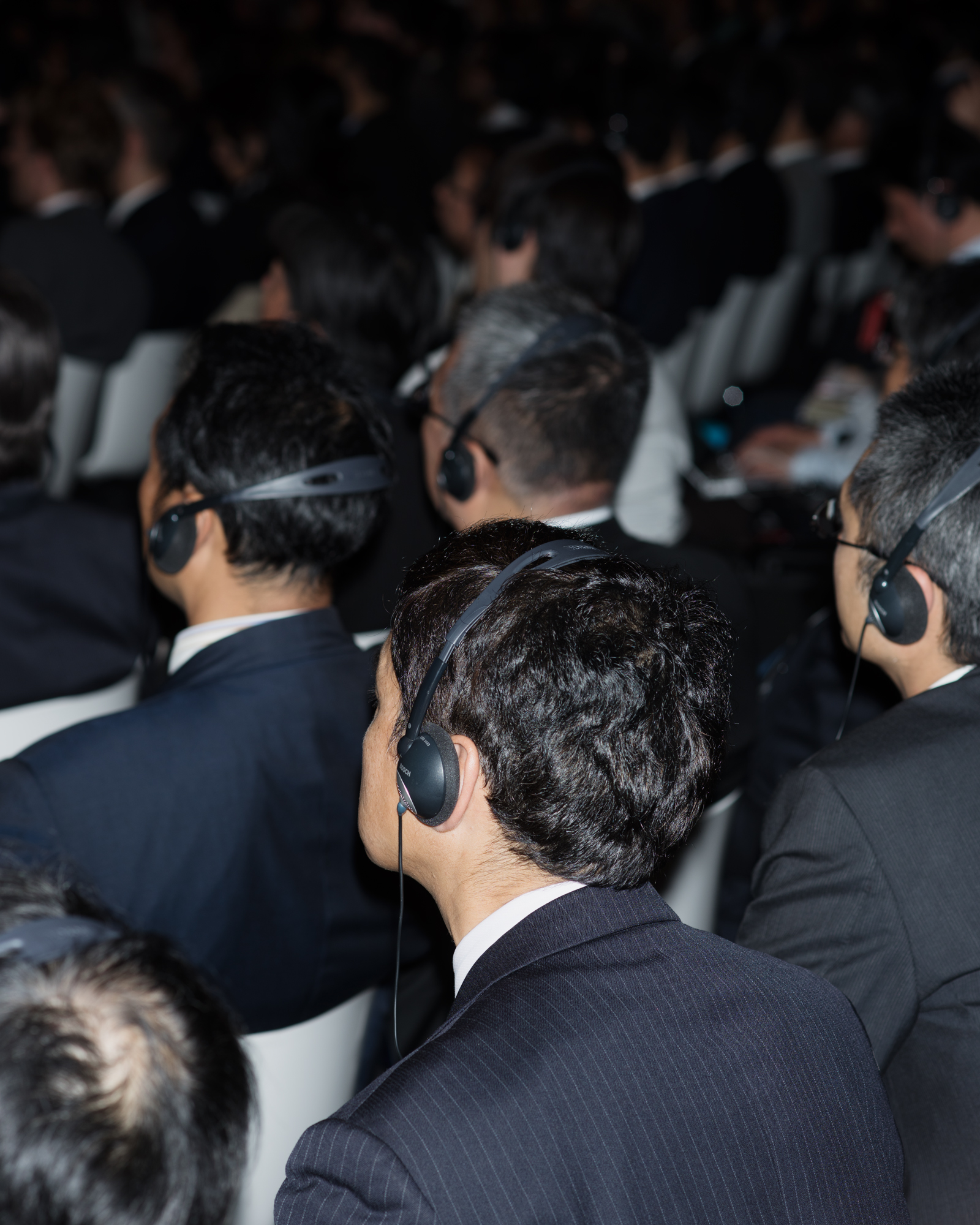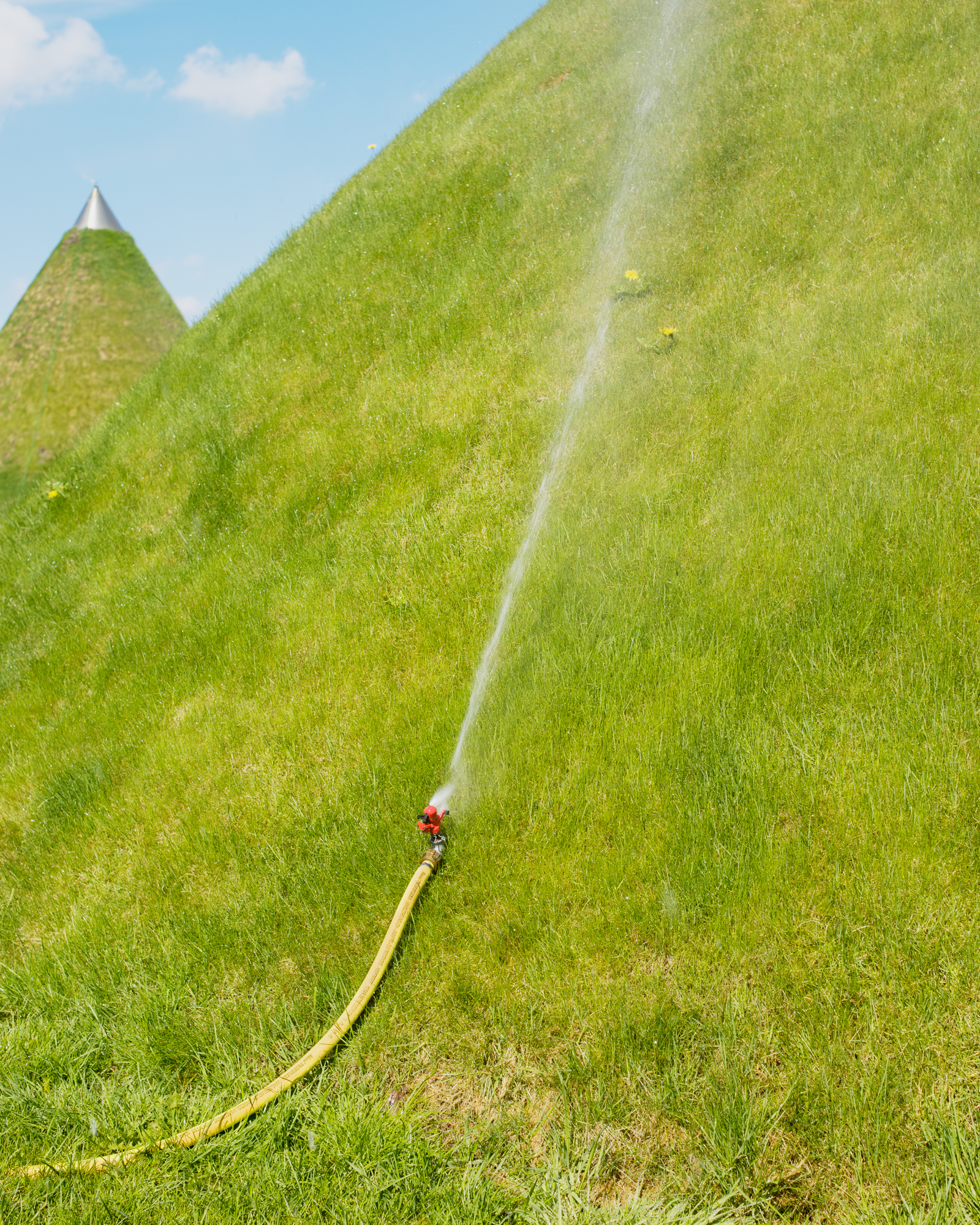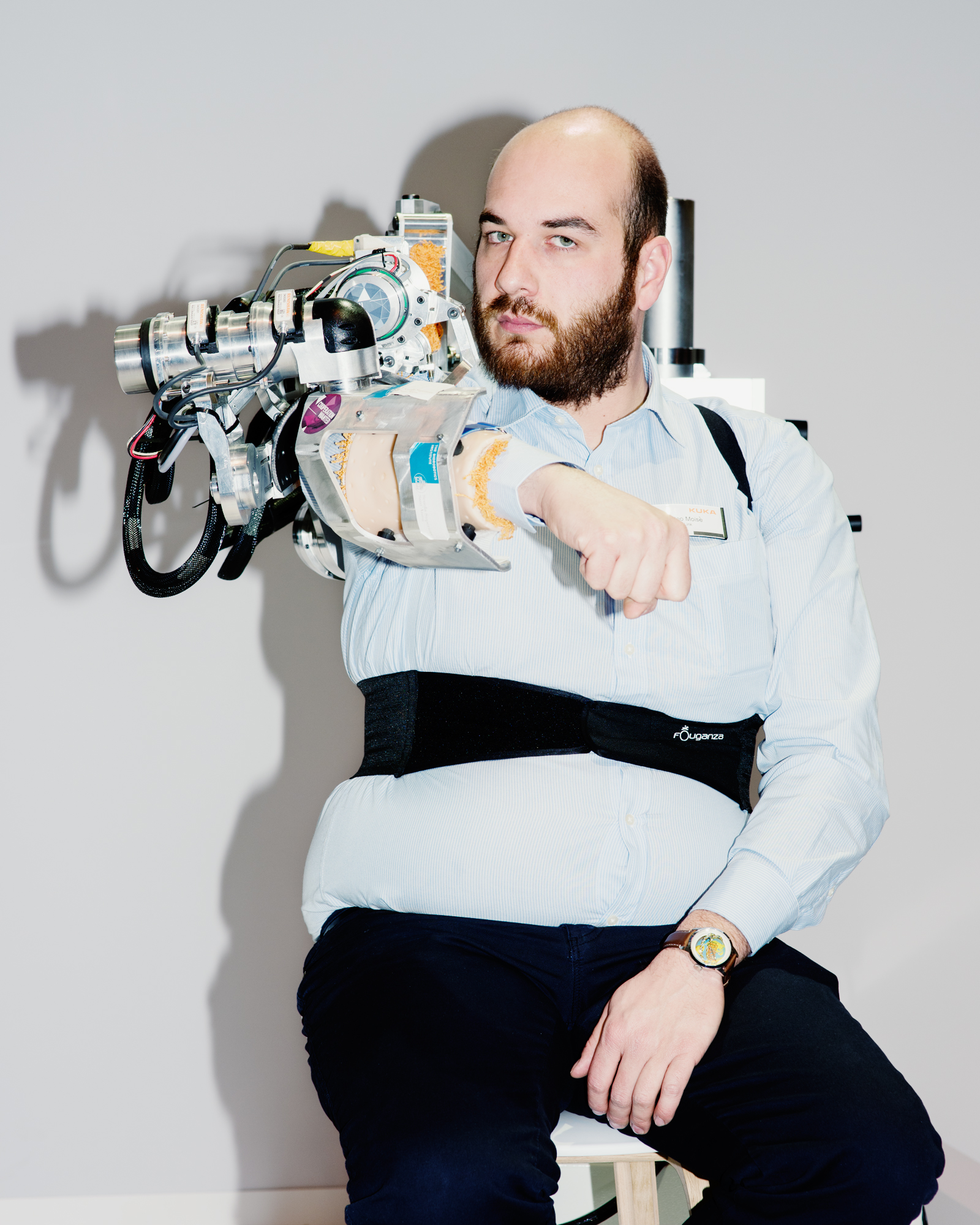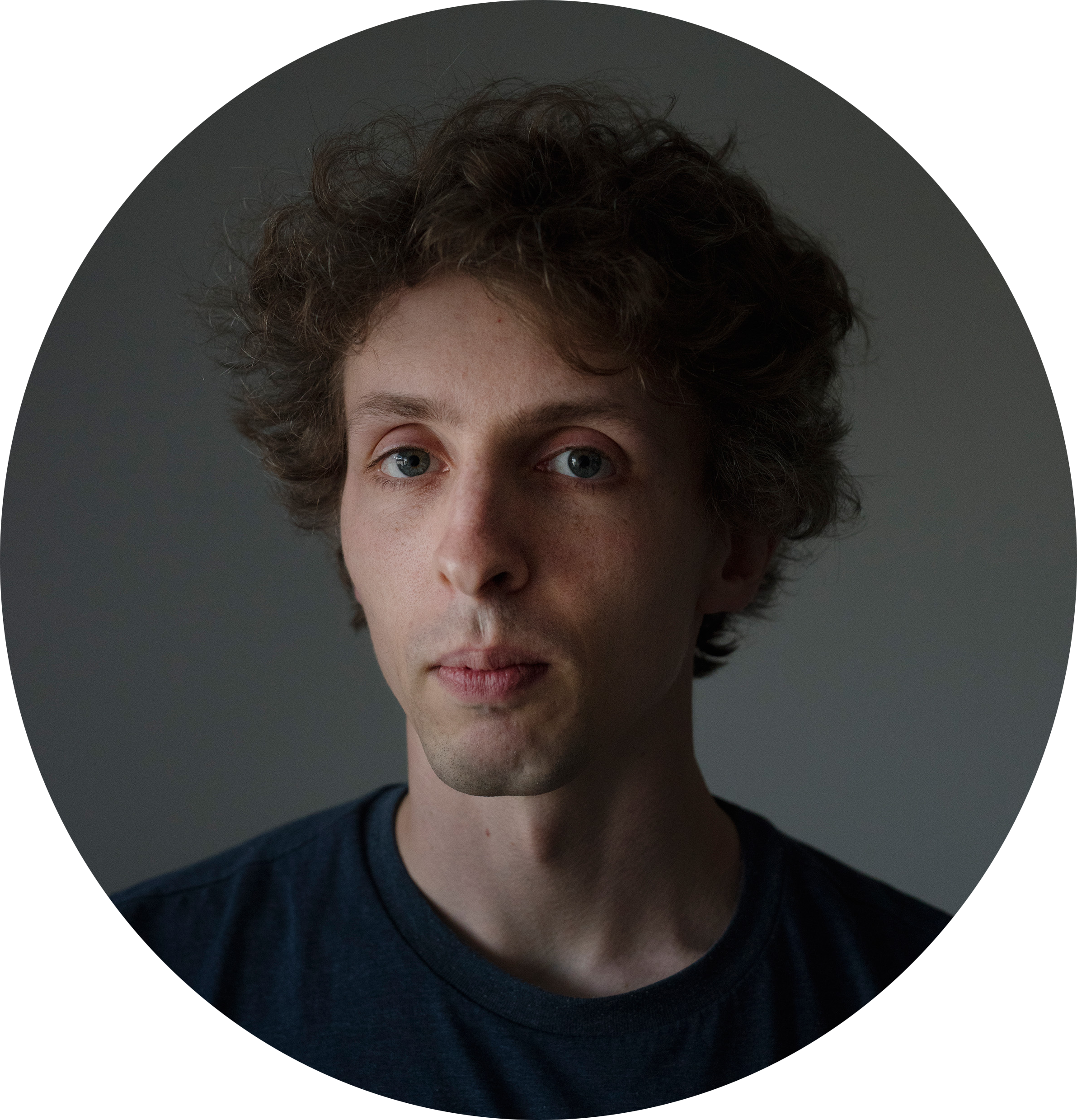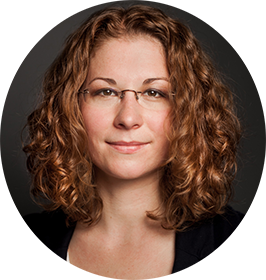“
As a documentary photographer, I feel that sometimes the conceptual side of things falls short. If you want to make a body of work about something, you just go somewhere, take pictures of whatever it is, and there is your story. But often, this approach is unsuitable, especially if the thing you want to talk about has no physical surface. With my topic ‘virtual realities’, I was confronted with exactly this problem. I feel that my time with Docking Station has significantly broadened and sharpened my view on strategies of storytelling within the field of documentary photography.
- Ludwig Ander-Donath
Docker #27
Ludwig Ander-Donath
In his project Playtime, Ludwig explores the blending of analogue and virtual worlds, moving along the boundaries between reality and digitally created environments.
Ludwig was born in 1989 and grew up alongside the introduction of many digital technologies that have become an integral part of our daily lives. Over the past 30 years, essential parts of our lives have been relocated into digital environments. Digitalization has massively shaped our relationship to the real world—it has changed the way we communicate, love and work. Growing up in this time, Ludwig’s generation had to constantly find and readapt to new social and behavioral norms.
Virtual Reality Technologies seem like the next major step in the interconnection of humans and digital worlds. Devices like VR headsets, suits and treadmills, paired with ever-growing processing power, are once again moving the boundaries of what we perceive as real. But whose interests are coming into play with the creation of virtual environments, and who is making the rules? What power do immersive technologies have to influence us and which social norms do we want to apply? How does it affect people psychologically if their main connection to the outside world is the user interface of a machine?
The philosopher Vilém Flusser once said that we first invent something, and then start discovering what it can do. Recent events, such as the rise of fake news, the microtargeting of voters during the US presidential election and terrorists streaming live content on social media, provide an outlook on what could be possible in virtual reality. With so much sensitive user data involved, there is an urge to think about what we want these worlds to be like.
In Playtime, Ludwig visits places that shape or have been shaped by virtual realities. The pictures try to create their own world, playing with expectations about the realism of the photographic medium. The project is intended as a starting point for a broader discussion about digital immersive technologies.
Who? Ludwig Ander-Donath
From Germany
Docking October 16 - November 3 2019
Working on: Playtime
About: The consequences of digitization on human kind
Ludwig Ander Donath (born 1989) is a documentary photographer based in Hanover, Germany. Since 2012, he is studying Photojournalism and Documentary Photography at the University of Applied Sciences and Arts in Hanover/Germany. Between 2011 and 2012 he was a staff photographer and picture editor for the Leipzig-based local magazine Kreuzer and from March 2018 to August 2019 he has been working as an Intern and Trainee at the picture department of german weekly newspaper DIE ZEIT, where he also contributes photographs on a regular basis.
In photography Ludwig‘s main focus lies on long term projects around socially and politically relevant issues.
ambassador
SOPHIA GREIFF
Author and curator for photography
By means of virtual reality headsets, treadmills or full-body suits, today it is possible to immerse oneself into computer-generated, interactive worlds that look and feel increasingly like the physical reality we know. These evolving technologies are applied in a variety of areas, ranging from pilot training in flight simulators and the creation of virtual prototypes and production planning in the industry, to virtual rehabilitation and therapeutic use. With approximating screens and increasing immersive technologies, it is becoming ever more important to develop what we might call “virtual literacy” – a certain awareness of the functionalities, modes of action as well as the risks of digitally created environments.
In his work Playtime, Ludwig Ander-Donath focuses on this omnipresent but still underrepresented topic, seeking the boundaries between the virtual and the analogue world within the vocabulary of documentary photography. He visits places that shape or have been shaped by virtual realities, creating pictures that play with expectations about the realism of the photographic medium. Ludwig’s residency at Docking Station will give him the wonderful opportunity to further evolve his important project and to participate in the multimedia arts festival IMPAKT in Utrecht. I am sure that he will benefit hugely from the expertise, inspiration and exchange provided by the Docking Station community.


